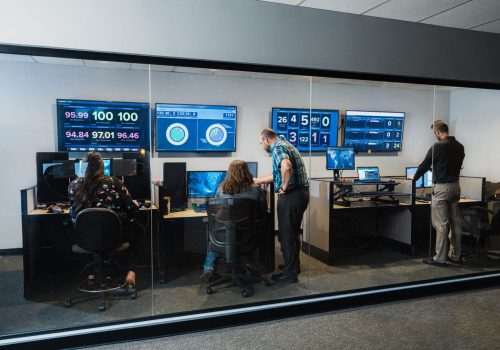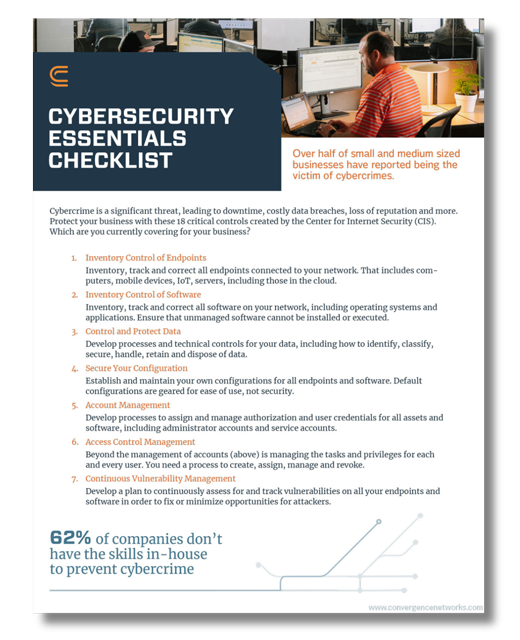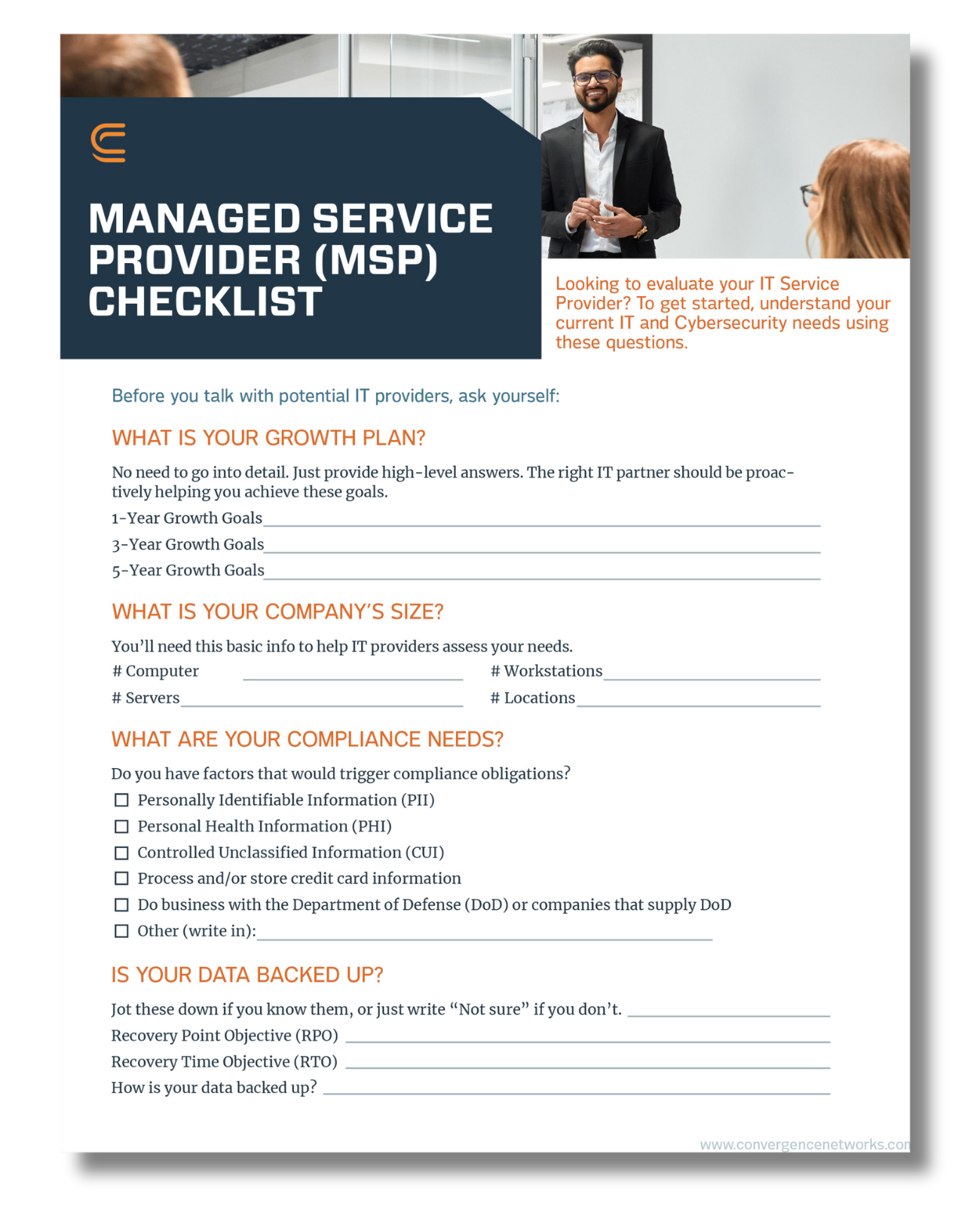As businesses continue to shift towards remote work as a result of COVID-19 it is apparent that it has become a critical resource. Here are a few tips to help you continue to work from home and stay productive while also keeping your information safe.
- Ensure your internet is secure – When you are working off your at-home internet, your router is a key point of risk. In the cyber security world, some refer to home routers as the “front door to your home”. Luckily, there are several easy steps you can take to secure your router. Also, make sure you are only using secured Wi-Fi networks. The use of unsecured networks, often seen in public spaces such as cafes and malls, immediately puts your organization at risk due to the various vulnerabilities of public networks.
- Use a VPN – Secure your network with a virtual private network (VPN), to access important corporate data in a safe way. A VPN extends a private network across a public network, and enables users to send and receive data across shared or public networks as if their computing devices were directly connected to the private network.
- Use strong passwords and store them safely – Passwords can be easy to crack so don’t get in the habit of using weak or repetitive passwords. If you need guidance on creating a strong password use a tool that generates passwords for you. You should also consider using a secure password manager to store all your passwords. With a password manager, you only need to remember one password, and the platform does the rest of the work for you!
- Add Two-Factor Authentication (2FA), or Multi-Factor Authentication (MFA) – Two-factor authentication stops easy access with stolen credentials by requiring a second level of authentication after the user enters their username and password. There are a variety of ways this can be delivered, including texts to your phone, biometrics like your fingerprint, or random codes generated by an app. This also ensures that you will be notified any time hackers try to log in so you can take immediate steps to protect yourself from any further damage.
- Improve your internet speed – When you are working from home you may notice that your internet speed is often slower than it was at the office. This can be due to a few factors, including limited service options and speeds, as well as an increase in overall household load (i.e. all family members online at once). Consider turning your video off when you notice your speed slowing and turning off devices you are not using at the time such as your smart phone. You can also schedule big downloads during off-work hours so you are not competing with your own internet.
- Make sure you are saving your information to the cloud – For remote workers, using cloud-based technologies and mobile-friendly software is a must. You also reduce the risk of unexpected data loss that could be caused when using hardware such as USB drives. Cloud-based software tools like Microsoft Sharepoint offer the flexibility and accessibility that remote teams need.
- Beware of phishing scams – Typically phishing scams try to take advantage of an existing account you may have. It’s important to know how to identify scams and protect your data. Remember to never give out personal or sensitive information based solely on an email, especially if the email is unsolicited, and make sure you hover your mouse over links to verify if the link is attached to an actual location. You should also look at the domain and check to see if it looks legitimate. Often the domain may look valid at first glance but could have a spelling error. If it doesn’t look right assume it is malicious.
Are you looking for technical guidance and IT support for your business during this uncertain time? Let’s navigate your technology decisions together. Contact us to get started today.














